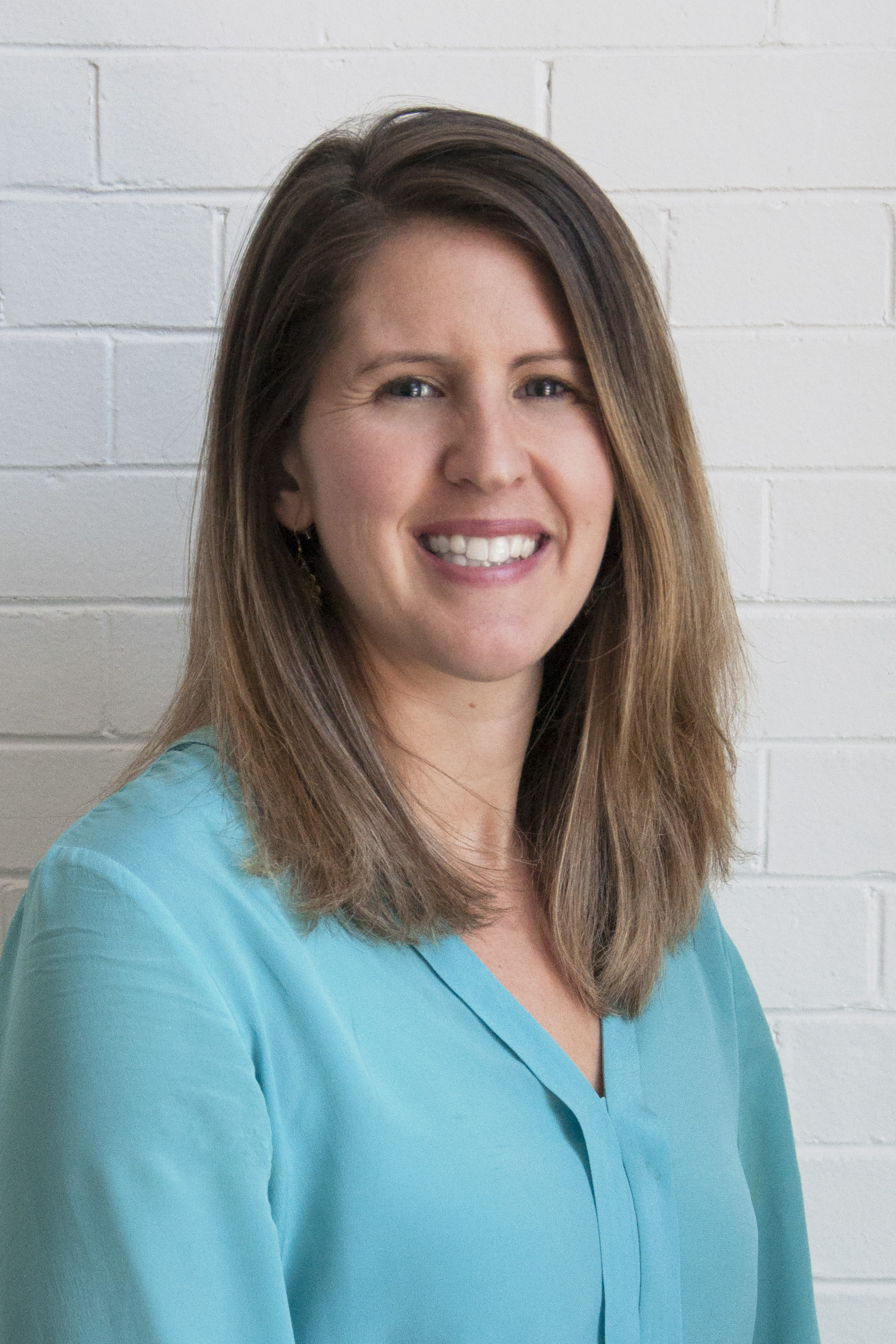From A Language To A Theory Of Resistance: Critical Pedagogy, The Limits Of “Framing,” And Social Change
Abstract
In this article, Rebecca Tarlau attempts to build a more robust theory of the relationship between education and social change by drawing on the conceptual tools offered in the critical pedagogy and social movement literatures. Tarlau argues that while critical pedagogy has been largely disconnected from its roots in political organizing, social movement literature has shifted away from a theory of educational processes within movement building. Specifically, she suggests that the currently dominant “framing perspective” in the social movement literature is incredibly limited in its ability to analyze the pedagogical aspects of organizing. Conversely, while scholars of critical pedagogy are extremely convincing when critiquing U.S. schooling, the field is weaker when theorizing about how teachers using critical pedagogy can link to larger movements for social transformation. Critical pedagogues need more organizational thinking and social movement scholars need a more pedagogical focus. Tarlau suggests three conceptual frameworks for moving forward in this direction: the notion of social movements as pedagogical spaces, the role of informal educational projects in facilitating the emergence and strength of social movements, and the role of public schools as terrains of contestation that hold the possibility of linking to larger struggles for social justice.
Abstract
In this article, Rebecca Tarlau attempts to build a more robust theory of the relationship between education and social change by drawing on the conceptual tools offered in the critical pedagogy and social movement literatures. Tarlau argues that while critical pedagogy has been largely disconnected from its roots in political organizing, social movement literature has shifted away from a theory of educational processes within movement building. Specifically, she suggests that the currently dominant “framing perspective” in the social movement literature is incredibly limited in its ability to analyze the pedagogical aspects of organizing. Conversely, while scholars of critical pedagogy are extremely convincing when critiquing U.S. schooling, the field is weaker when theorizing about how teachers using critical pedagogy can link to larger movements for social transformation. Critical pedagogues need more organizational thinking and social movement scholars need a more pedagogical focus. Tarlau suggests three conceptual frameworks for moving forward in this direction: the notion of social movements as pedagogical spaces, the role of informal educational projects in facilitating the emergence and strength of social movements, and the role of public schools as terrains of contestation that hold the possibility of linking to larger struggles for social justice.
